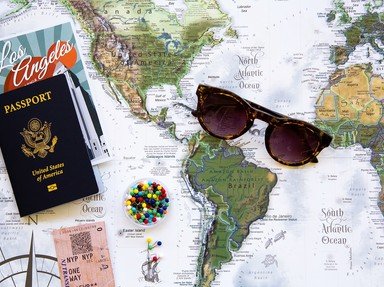
African Tales Trivia Quiz
All of these works are set in Africa, and most written by a citizen of the country in which they are set. Can you match each title with the country in which it is primarily or completely set?
A matching quiz
by looney_tunes.
Estimated time: 3 mins.